Spring has finally arrived in the northern hemisphere, and the first three months of this year have already passed. A pigeon landed on the bald walnut tree in front of my window, waiting for new leaves, then flew away, as pigeons [and time] do, while I’m reflecting on the first quarter here at Story Voyager.
Read until the end for a promo code to a climate seminar with Jane Fonda.
Before we start, I have a question for you: Are you interested in a climate fiction book club?
A little climate project: Our cli-fi book club
One of the most rewarding things on my journey of learning about climate change has been reading climate fiction books. I read a couple of pages every day, and this has helped me reflect daily on how my life choices affect our planet and the ecosystem in which we live.
Would you like to read with me? Are you interested in a cli-fi book club?
Our brain is wired for stories, and reading climate fiction is the best way to understand the climate challenges we’re facing. Reading climate fiction helps us maintain our awareness on the most pressing issue of our time and take action. The purpose of this book club will be to read cli-fi books together and discuss how the authors imagine the future.
👇Please vote below👇
Now let’s review Q1 2024 on Story Voyager!
A cli-fi reading list for 2024
January is usually the month in which we make our New Year’s resolutions. Did you know that two of the top 8 New Year’s resolutions Americans had this year were spending less time on social media and reducing stress on the job? Guess what? Reading is a leisure activity that can help you with both of these issues.
Replace scrolling on social media before you got bed with a good book.
A study has shown that reading fiction is more effective in reducing stress than taking a walk or listening to music.
Why not pick a climate fiction book? Here’s my climate and fiction reading list for 2024 that I shared in January. A big thank you to those who contributed to this reading list with their recommendations!
Dune
Have you watched Dune: Part Two by Denis Villeneuve? If you haven’t and you need some entertainment during the Easter Break, I cannot recommend it enough. The film is based on one of my favourite books of all time, Dune by Frank Herbert. Frank Herbert, who later on in life dubbed himself a technopeasant, had a keen interest in ecology, and his Dune is an ecological science fiction, which makes Herbert a pioneer of climate fiction.
I love this book so much that I collaborated with three other writers on a Dune project. We invited you to read Dune with us last year, and we’ve sent four Letters from Arrakis in which we discussed the book and the films. If you don’t feel like reading the book before watching the film, these letters will help you understand the Duniverse better.
Letters from Arrakis - Part I → Here we discuss Book I of Dune and the Dune universe
Letters from Arrakis - Part II → Here we discuss Book II of Dune and the fremen and their Arrakis
Letters from Arrakis - Part III → Here we discuss Book III of Dune and the Dune characters
Letters from Arrakis - Part IV → Spoiler alert! Read this after you’ve watched the film and let us know your impressions
Denis Villeneuve has beed storyboarding Dune since he was 13 years old, and he’s been dreaming all these years to turn the book into a movie. He still can’t believe he had the chance to fulfil his childhood dream.
I'm still pinching myself.—Denis Villeneuve
We are too, Denis. Great job!
Climate talks
We won't save the planet in the next 200 years is a critical examination of climate change solutions. Despite serious action against climate change in the past two decades, we haven’t reduced CO2 emissions by one bit. Quite the contrary, CO2 emissions reached a new record high in 2023. Our use of fossil fuels is the main culprit.
Our efforts to ramp up renewables are also not enough. In 2023, fossil fuels covered over 80% of our global energy needs. Cities account for over 70% of global CO2 emissions. Electricity is the sector in which we’ve seen the highest surge in renewable energy production in the past years. But even so, over 60% of our global electricity production in 2023 was generated by fossil fuels.
Meanwhile, Jeff Bezos encourages us to consume more energy, the new AI revolution is an energy-thirsty monster, and it could amount to half of our energy consumption by 2027.
This moment invites us to reconsider our values and life aspirations. Is consuming more energy truly a worthy life goal? Are material possessions the ultimate measure of success? Must progress be defined solely by consumerism? Ultimately, it won’t be technology alone that saves our species from disaster, but a shift in mindset. The form this shift takes remains uncertain, but one thing is clear: the future of our planet will bear little resemblance to our current existence.
We can start by looking at our climate past to understand our future. That’s why I'm writing a narrative documentary about climate change. The first two of four episodes are out, and what I learned during my research for these episodes blew my mind. In the first episode, we learn how Western Europe became a colonial power following a climate change event called the Little Ice Age that starved and killed millions. In the second episode, we learn how climate change started thousands of years ago together with all the science needed to understand why the current climate change is man-made.
A climate seminar with Jane Fonda
CO2 emissions are not declining, our energy demands are growing, and now the Antarctic, our global refrigerator and fresh water reservoir, is melting at an alarming rate. What can we do? How can we build a better future? Many of you asked me these questions in the comments section of my last newsletter We won't save the planet in the next 200 years.
Let’s find the answers together at this climate seminar with Jane Fonda!
Story Voyager partnered up with
from The Liminal Institute to get you a 20% promo code to his upcoming climate seminar Embracing Our Emergency, where Jane Fonda is one of the main guest speakers. How cool is that?This is a 10-sessions online course with LIVE ZOOM calls taking place between April 28th and May 29th 2024.
I’ve already signed-up, and I would love to see your there. We will, of course, follow-up on the course here on Story Voyager and discuss all the learnings and how we can apply them in daily life. Will you join us?
Story Voyager is where we explore climate change through the lens of climate fiction or cli-fi. Under the motto ‘travel your imagination’, we embark on a journey of reading, researching, writing, and exchanging ideas with like-minded people. Let’s change the narrative about the future of humankind together. If you’d like to support this space even more, please consider becoming a paid subscriber. Your financial support will go toward commissioning illustrations for my first cli-fi series, There Is Hope.





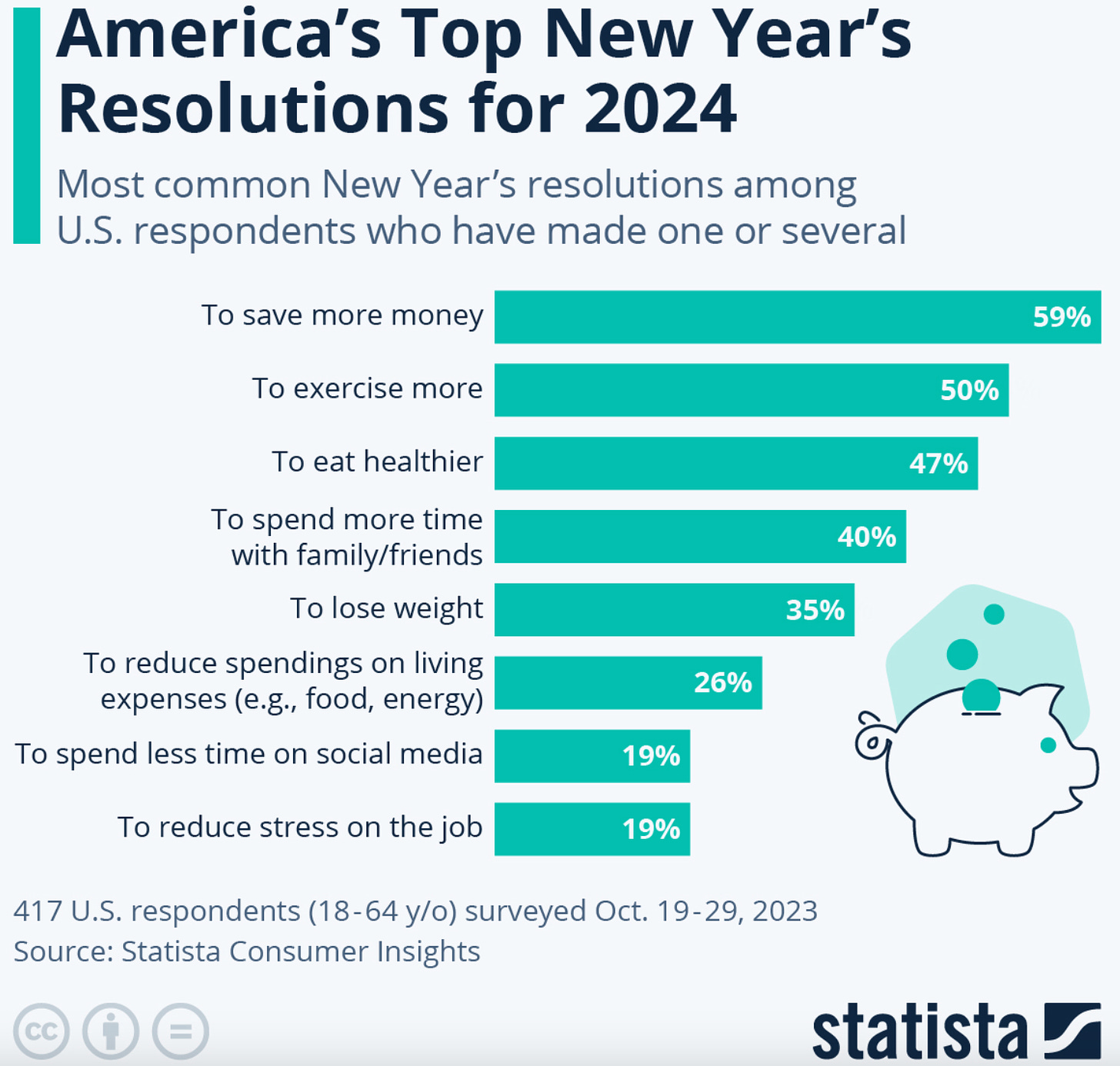

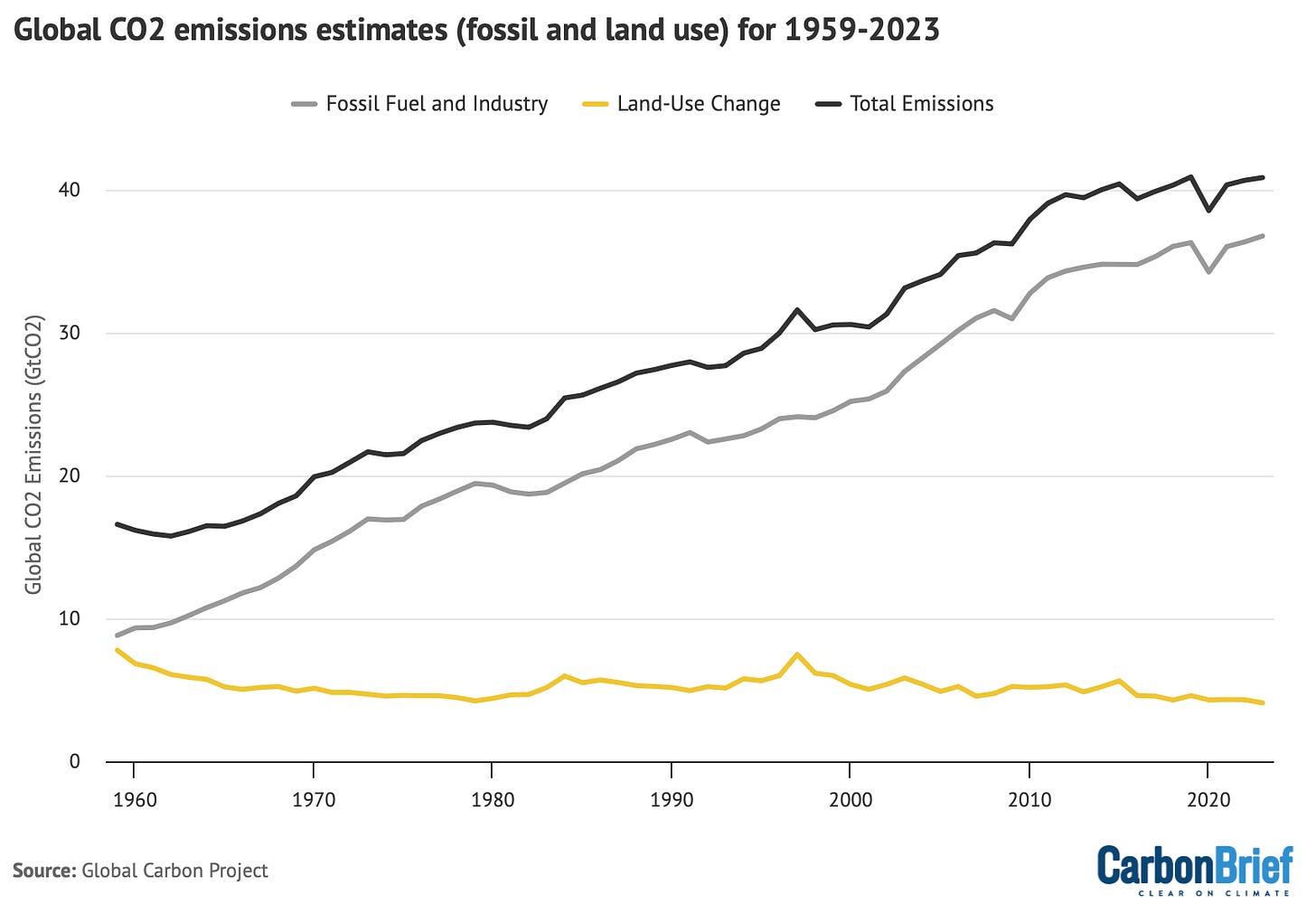
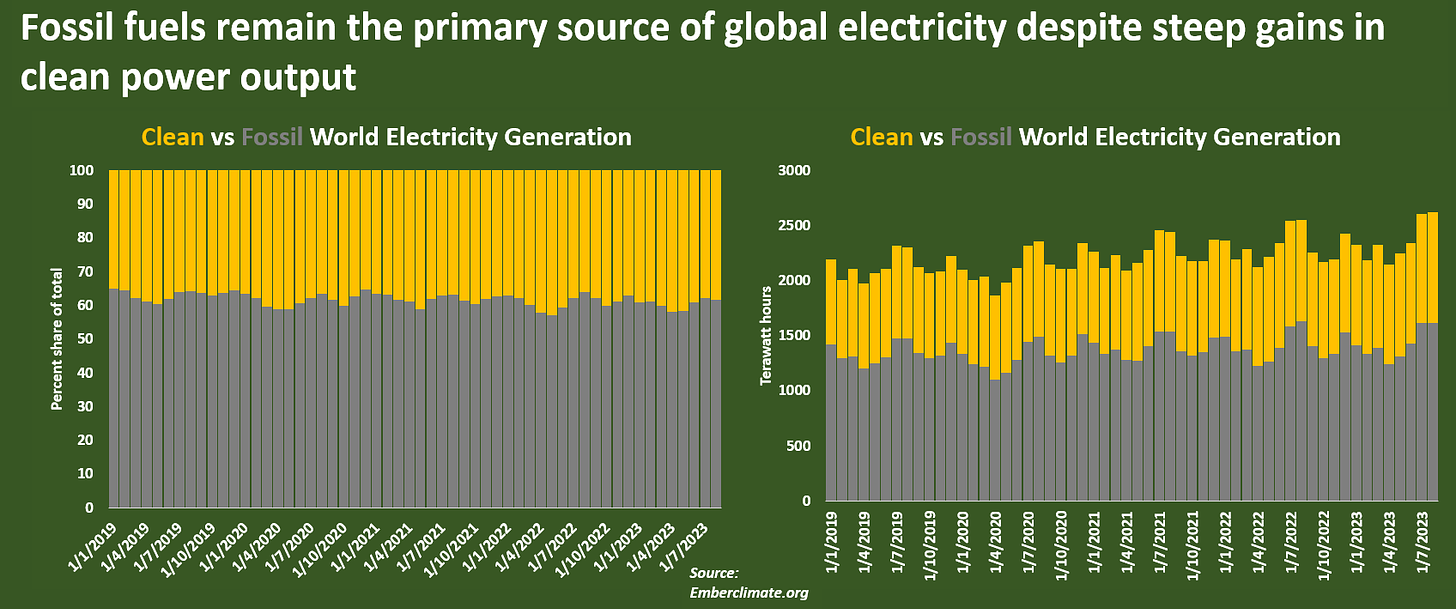
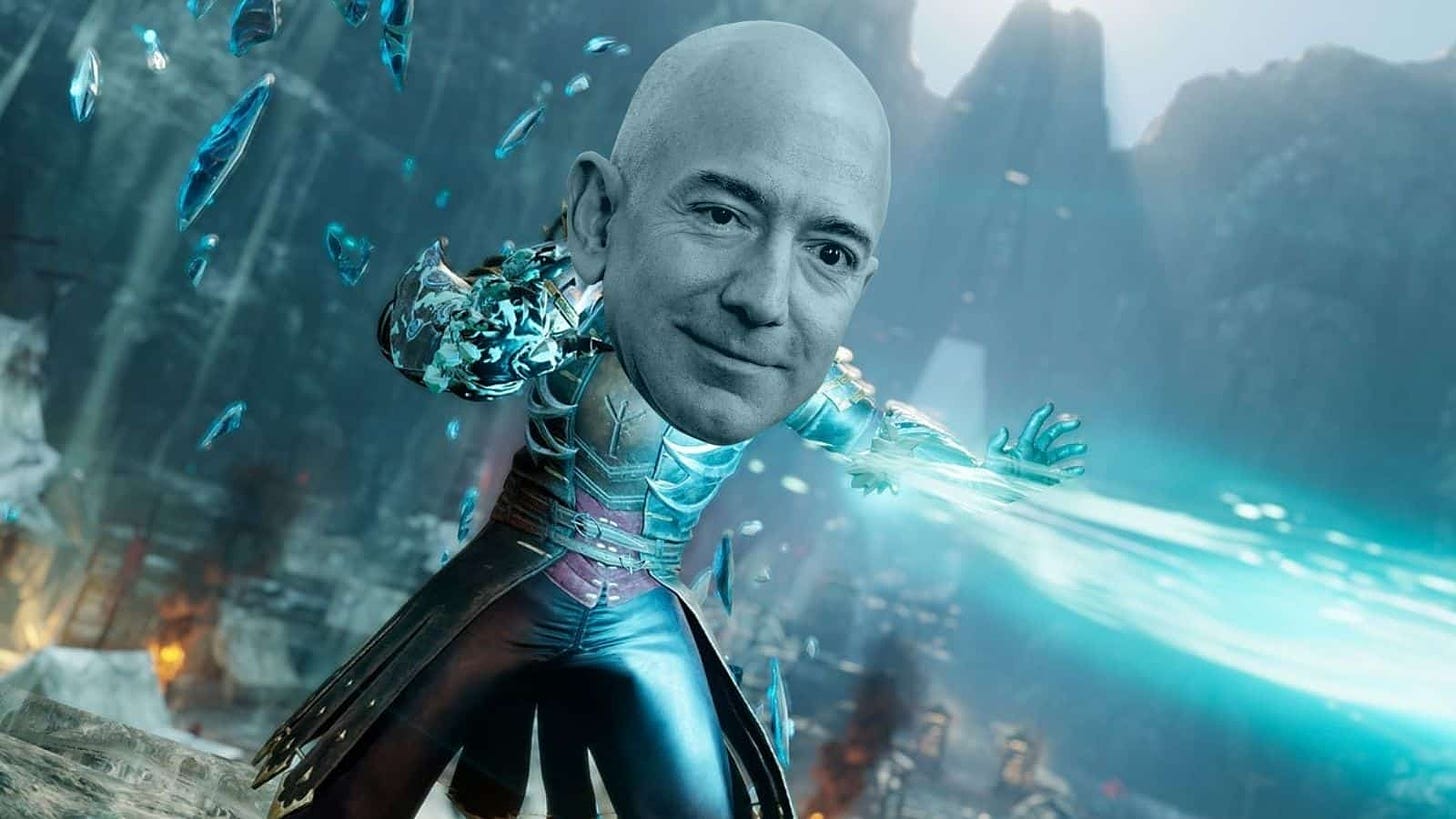
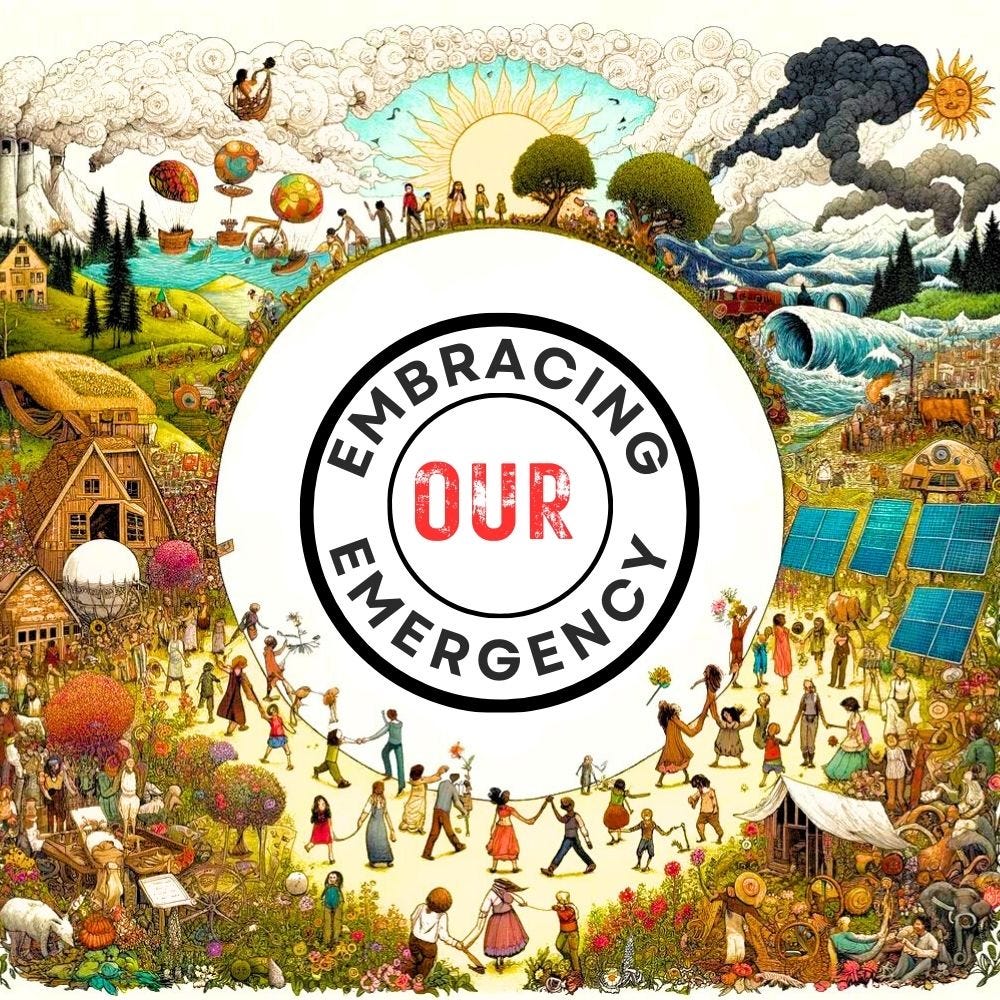
I'm very much interested in reading about your climate book club and seeing all the discussions on here, but I don't think I can commit to reading directly along just now because my TBR is monstrous and there are already things in it that I have made promises to get to in the next three or four reads 😆
But anyway, as I say, keen to read about the reading ;)
I would sign up for a cli-fit book club!